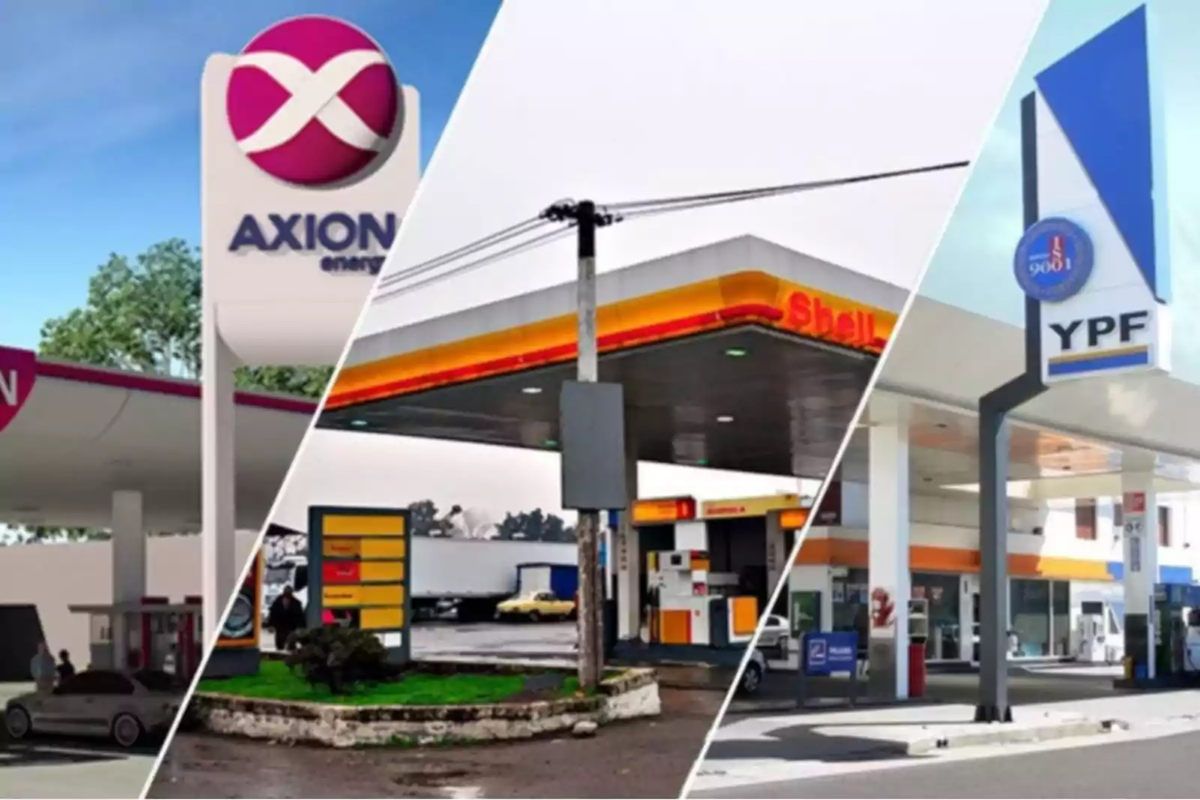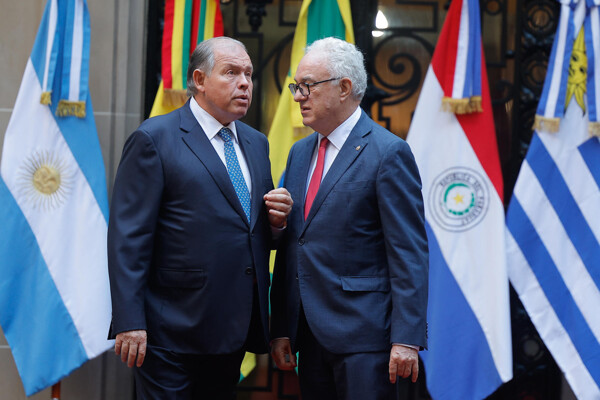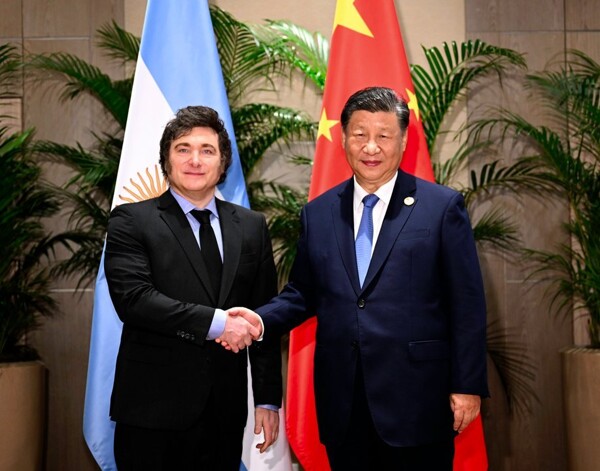
The Argentine oil sector has experienced a widespread decline in fuel prices, led by YPF and mirrored by its main competitors, Shell and Axion. The measure started with YPF, which announced an average decrease of 4% nationwide and 4.75% in the City of Buenos Aires, according to figures provided by the company. However, its claim that YPF was '9% cheaper than the competition' quickly became outdated following the market's reaction. Companies like Shell and Axion confirmed that they had adjusted their prices 'in line with the market', although without providing specific figures. Currently, YPF controls 60% of the Argentine market.
From the Confederation of Hydrocarbon Commerce Entities (CECHA) supported the decision, although they expressed concern about the sector's profitability. The Minister of Economy, Luis Caputo, celebrated the measure on social media, stating that 'in this new Argentina, prices are not inflexible downwards.'
Regarding the new fuel prices, Euro Diesel decreased by 8.02%, from $1,472 to $1,354; Premium Gasoline fell by 5.97%, from $1,474 to $1,386; Common Diesel dropped by 2.98%, from $1,209 to $1,173; and Super Gasoline saw the smallest reduction of 2.01%, from $1,194 to $1,170. YPF indicated that the price update was the result of an analysis of 'key variables', including Brent crude, the official dollar, fuel taxes, and biofuel costs.
This cut is justified by the fall in international oil prices, the end of the 'crawling peg', and the impact of biofuels and tax burdens. Puma Energy is still evaluating whether to join this initiative. In a statement, it was noted that 'while these decisions relieve consumers, they put pressure on the sustainability of many service stations.'














